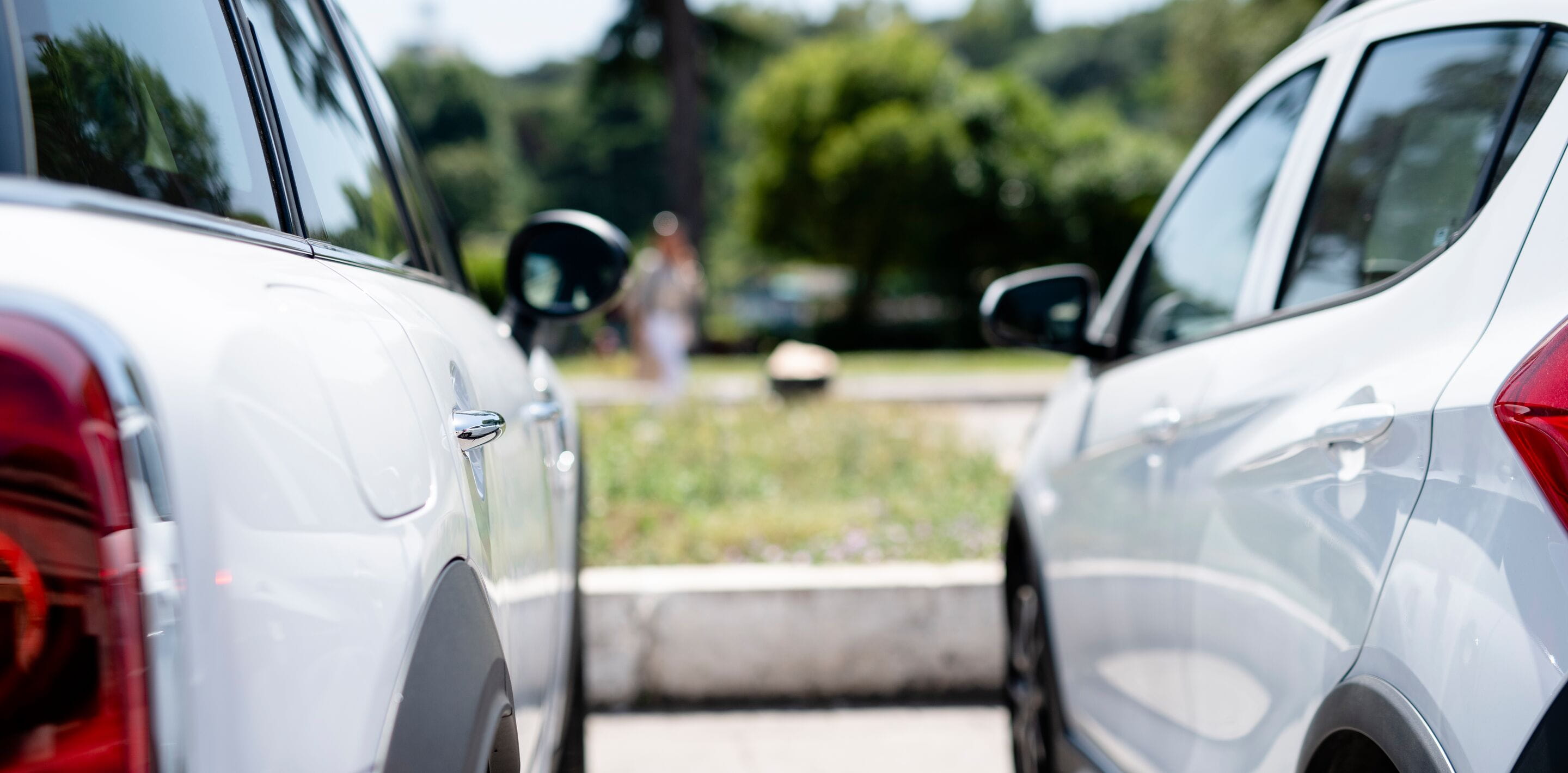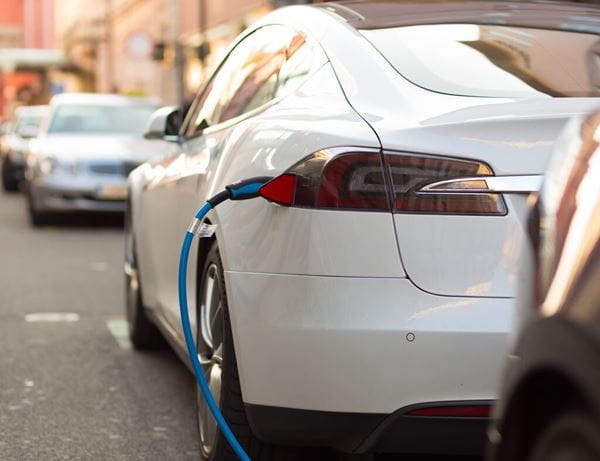
Budget 2024 – the key points for fleets and motorists
Despite a tough economic backdrop, the Budget had several key points for fleets.
Full Expensing for Leased Vans
What has changed? Having made full expensing permanent last year, enabling companies to offset the full cost of plant and equipment against their taxable profits. The Chancellor confirmed that this will be extended to include leased assets for the first time - including vans.
How does this affect fleets? It’s too early to say before the draft legislation is published and the consultation is complete. There’s no timescale for this yet, with the Budget documents saying it will be introduced “when fiscal conditions allow” – we are eagerly awaiting those details.
5p Fuel Duty Cut Extended
What has changed? Nothing, but that’s good news. The 5p per litre reduction in fuel duty, introduced as an inflation-controlling measure following Russia’s invasion of Ukraine in 2022, has been extended until 22 March 2025.
How does this affect fleets? The Chancellor claims motorists could save around £50 per year as a result of fuel duty cuts being extended, but average mileage is higher for fleet drivers. The savings amount to around £85 per year for a mid-size petrol car, or £122 for a diesel van*.
Unfortunately, the fuel duty freeze erodes some of the operating cost advantages of electric vehicles. Drivers who depend on public chargepoints, either for mid-shift top-ups, or because they can’t plug in at home, pay a higher rate of VAT (20%) than they would to use domestic energy (5%). This was not addressed during the Budget.
The good news is Ofgem-capped home energy rates are dropping by 15.5% in April (from 29p to 24.5p per kilowatt-hour) while wholesale energy costs have fallen to their lowest level in three years. This means drivers should be able to look forward to cheaper charging over the coming months.
National Insurance Reductions
What has changed? National Insurance Contributions (NICs) have been cut for the second time this year. Main-rate Class 1 (employed) and Class 4 (self-employed) NICs will be reduced to 8% and 6% of respectively from 6 April 2024 – a further 2%-point reduction in each case. This compares to 12% and 9% at the start of the 2023/24 financial year.
How does this affect fleets? Reducing income-related NICs has a marginal effect on salary sacrifice schemes, which enable drivers to lease a low-CO2 car through their employer, fund it through their gross income then pay tax on the remainder. However, tax cuts are a welcome move, enabling employees to keep more of what they earn.
Household budgets under pressure from inflation and mortgage payments which increased by an average 61% during 2022, according to the ONS. That pressure is showing up in private car sales, with the latest BVRLA reporting an 8.6% year-on-year decline in PCH in Q3 2023 and the latest SMMT figures showing an 11.4% reduction in retail registrations for the first two months of 2024.
Vehicle Excise Duty Rises
What has changed? Budget documents confirm vehicle excise duty (VED, or ‘road tax’) rates will rise in line with RPI inflation from April 2024.
How does this affect fleets? Annual renewals will rise by £10 for cars registered since April 2017 and £15 for most light commercial vehicles. The expensive car supplement, an additional charge for cars with a list price of more than £40,000, will increase by £20 per year and applies for the first five renewals. Full hybrids get a £10 discount, while electric vehicles are exempt.
In April 2025, the VED system will be equalised across petrol, diesel, hybrid and electric vehicles. Electric car VED has always been inevitable, but most new models are priced over £40,000 and will qualify for the expensive car supplement (including the UK’s best-selling EV, the Tesla Model Y) adding more than £1,000 to a three-year lease contract. In some cases, such as the BMW X1, Hyundai Kona and Vauxhall Astra, drivers will pay three times more tax for the electric version than its fuel-burning counterpart.
What hasn’t changed?
Fleets operate the newest cars and vans on our roads. They are facing new technology first, and they rely on stable fiscal policy to make investments new vehicles with confidence.
Changing the 2030 phase-out date for non-hybrid cars, and the more recent U-turn on double-cab pickup trucks, undermine trust in the government’s ability to make long-term decisions. Giving businesses time to adjust to new policies is really important during a period of unprecedented technological change.
We would have welcomed additional measures to provide consistent support for fleets, including:
- Publishing company car tax bands beyond April 2028 should be a priority, as some businesses will already be ordering vehicles that will be on the road at that point.
- Extending the Plug-in Van Grant beyond its current deadline of 31 March 2025 would be a useful move to support the electric van market. These accounted for 5.9% of registrations in 2023 – unchanged compared to 2022, and way off the 10% target set out by the government’s Zero-Emission Vehicle Mandate.
- Support for electric cars such as a VAT reduction for new models, or providing schemes to encourage second-hand buyers to switch.
* based on HMRC advisory fuel rates, average pump prices for 4 March 2024 and BVRLA Q3 2023 average mileage/contract length for BCH cars and vans

.jpg?rev=3adbd558867c4d92bf9f22752f12a09c&mw=600)

